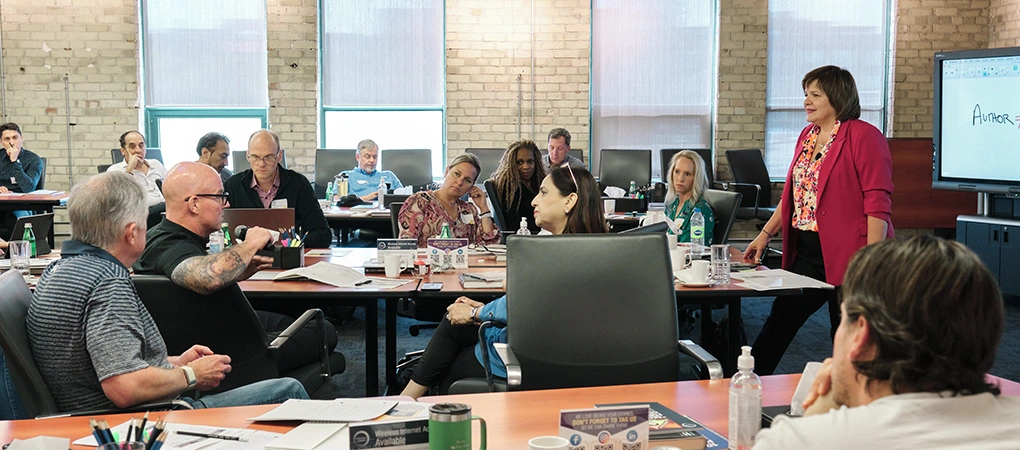Multiplying Products And Services In The Marketplace
Dan Sullivan
A recent book by Matt Ridley called The Rational Optimist has captured my attention and imagination. For years, Ridley, a British microbiologist, has been looking at the economic history of the planet, and he now contends that all human progress starts, deepens, and expands as the result of a single daily activity: trading goods and services with strangers. In other words, all the extraordinary progress we see continually increasing in the world around us comes from the activity of trading in the marketplace. In terms of multipliers, nothing that human beings have ever created matches the multiplying power of trade.
I was thinking of Matt Ridley recently when I read about an online service called Daily Grommet, which introduces new products to tens of thousands of visitors every day. Two women, Jules Pieri and Joanne Domeniconi, from Lexington, Massachusetts, introduce innovative and new products to a marketplace that otherwise might never have known about them.
Daily Grommet not only alerts potential customers to new products, but also takes a cut of any resulting online sales — which pays for the market platform they’ve created. There are two multipliers at work here: first, the growing marketplace that brings buyers and sellers together in an entirely new way, and second, the growing economic value of Daily Grommet as an online marketplace.
Robert Metcalfe, who co-invented Ethernet, talked about how these new online businesses and marketplaces continually create increasing value. Metcalfe’s law states that “the value of a telecommunications network is proportional to the square of the number of connected users of the system.”
What Mses. Pieri and Domeniconi have done is create an increasingly more valuable telecommunications marketing network that has built-in multipliers. Now that inventors of new products know about Daily Grommet, they will send their products to the site, hoping to be featured on each day’s “Daily Grommet.”
The multiplier here is that all of the research to keep the site going is provided by the potential sellers. As word spreads about the site – mainly through social networks such as Facebook and Twitter — the number of customers will continually grow. Day after day, week after week, the usefulness and value of Daily Grommet will grow almost automatically. This is a marvelously simple example of how, in the world of the microchip economy, things continually multiply in a way that was never possible before in human history. And Daily Grommet is just one of countless examples of new kinds of marketplace multipliers that are being created all over the world.
Virginia Postrel, in her book The Future and Its Enemies, writes about how innovations like these contribute to human progress: “As people create and sell products or services … these actions shape a future no one can see, a future that is dynamic and inherently unstable.”
Essentially, what I draw from Ms. Postrel’s description is that the world around us is not created by politicians and bureaucrats, but by entrepreneurs like Jules Pieri and Joanne Domeniconi, who are taking Matt Ridley’s key factor of human progress — trading goods and services with strangers — and multiplying the possibilities of this crucial activity in new and unpredictable ways.





